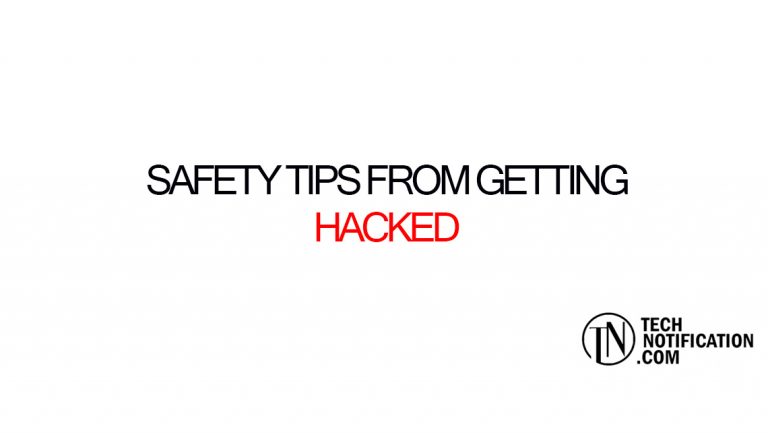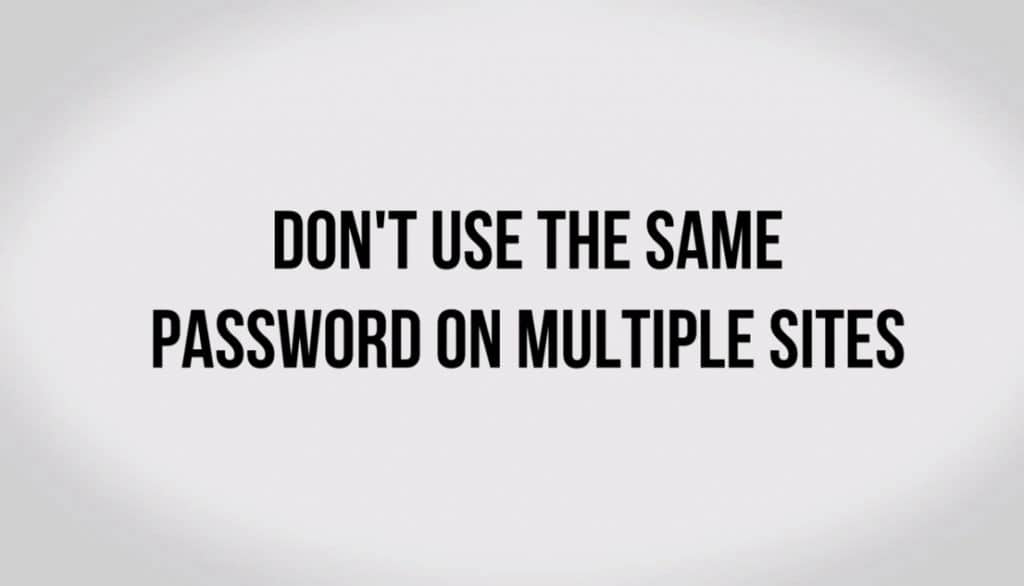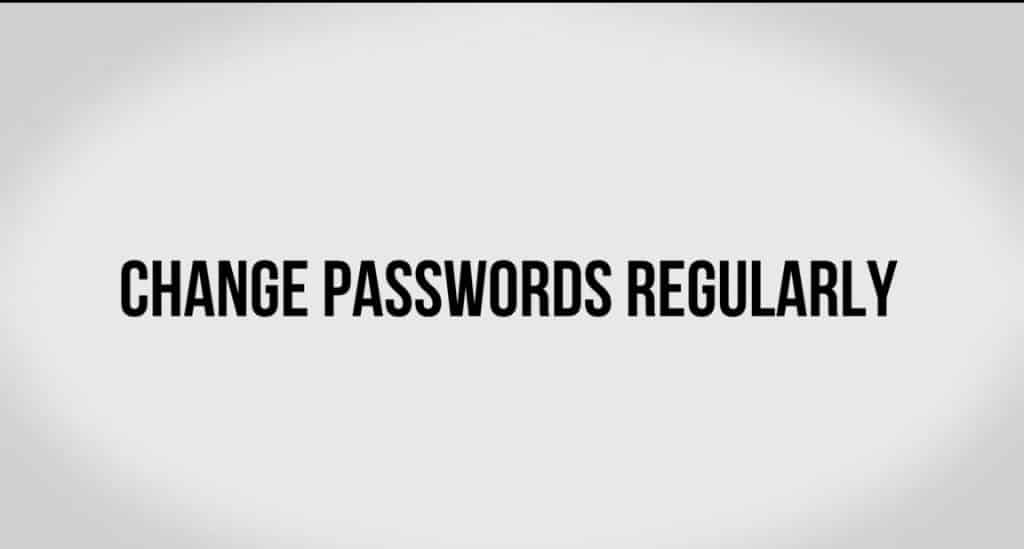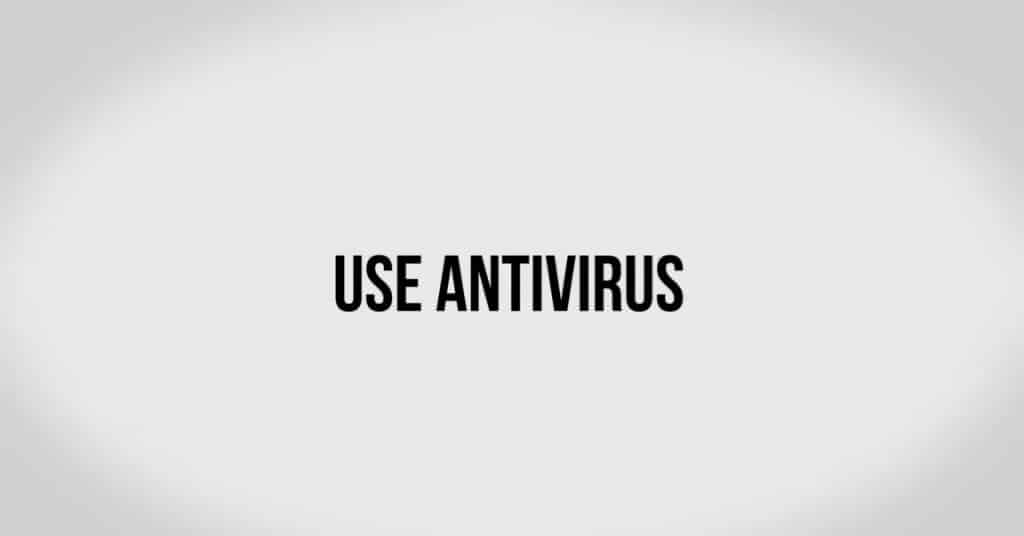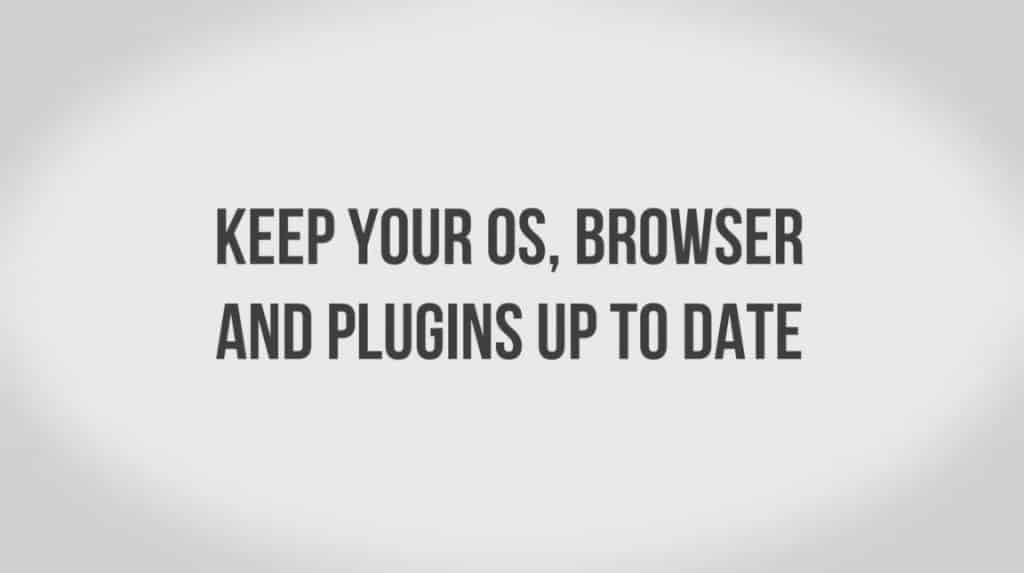Contents
How to avoid getting hacked?
We all know in the last couple of days there have been some major websites that have been hacked including Sony, ICANN, Ars Technica and to name a few. There is nothing you to do a specific website getting hacked it happens it happens but the definite thing is you can do to make sure that your data is safeguarded and secured.
Don’t use the same password on multiple sites
The first thing is very simple don’t use the same password on multiple sites, a big mistake we all do. It’s a very bad thing for security guards. Let’s say you have an account on Twitter, you use it daily and the same password is on multiple sites, if you have a Gmail account with this password they just rush and give a try the same password of Twitter. They have access to your email and once they have access to your email you know the rest. To avoid this just don’t ever use the same passwords on multiple sites.
It’s simple to remember different passwords for different websites if you have an awesome brain, if not it is very much simple we recommend using LastPass. LastPass software allows you to create a long random password.
For Example:
Let’s take technotification it’s a simple nice password to remember and hack easily. Now, let’s make this one more good and secured tEChNot!f!c4+!0N. Don’t use Dictionary words if someone is trying to hack you it is easy to crack. LastPass will allow you to create a password with a mixture of Uppercase, Lowercase, and Punctuations.
It’s hard to remember or memorize multiple passwords like this for multiple different sites. You don’t need to worry since LastPass will save your password. LastPass is also integrated into most of the major websites; just download the extension and it auto-fills the password for a particular site.
Change your passwords frequently
We really don’t need to worry about the sites which we don’t use much which we don’t have personal information, but coming to the sites we use daily like banking, email and social accounts etc., It’s a good idea to change your password once in a month, have a lot of our personal information which costs a lot if we get attacked.
Try to use AntiVirus
If you are running a Mac or Linux you really don’t need to be worry coming to Windows (XP, Vista, 7 or 8) AntiVirus is just a good safety for your PC. Use Microsoft Defender which is free, pretty much light, and doesn’t use resources. AntiVirus is not necessary; a lot of people who do not use Antivirus ever had any issues. They are paid antivirus software you can buy any one of them to be secured. We don’t recommend buying because they cost, they use a lot of resources on your processor and can slow your computer.
You can use any open-source antivirus for protection if you don’t want to buy any paid software.
Keep your OS, Browser, and Plugins up-to-date
There are lots of things you getting attacked on Internet, that you could be using Windows or Mac. There are lots of updates coming to help with security bugs and all that kind of stuff. Keep your browsers up-to-date, using Chrome really you really don’t have to worry about updates as it automatically keeps you up to date. If you are using Internet Explorer and Firefox it’s good to check for updates and update it. Don’t forget to update your plugins like flash, Silverlight and etc.
Last but not least prudence, you really need to be careful while downloading some crap and shady software which are all kinds of spyware and adware which is not a virus technically and sometimes virus technically depending on the software and on your click. It makes it shabby just check and read properly before installing any software rather than blindly clicking on Next Next Next and Finish.
Happy Safe and Secured Browsing!!

